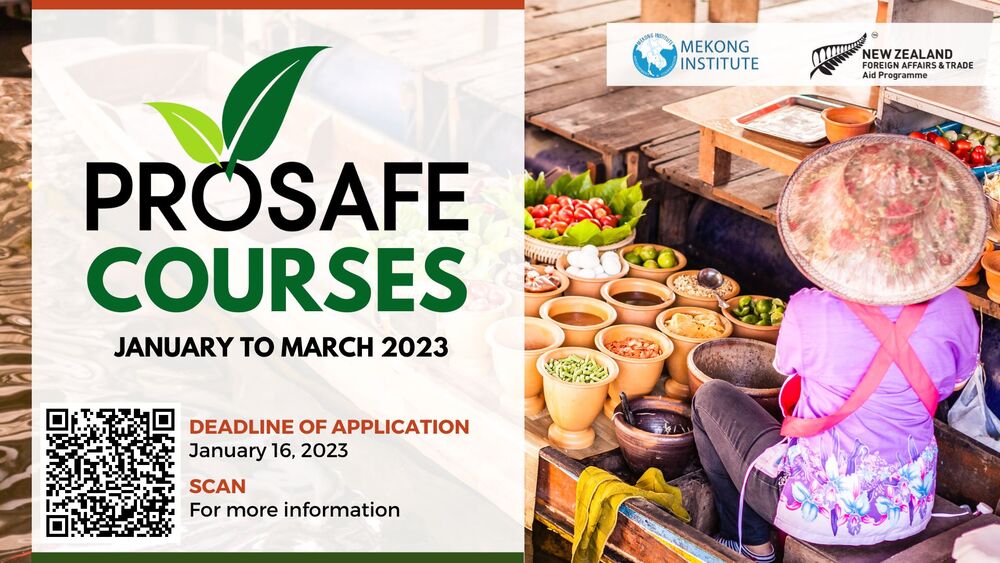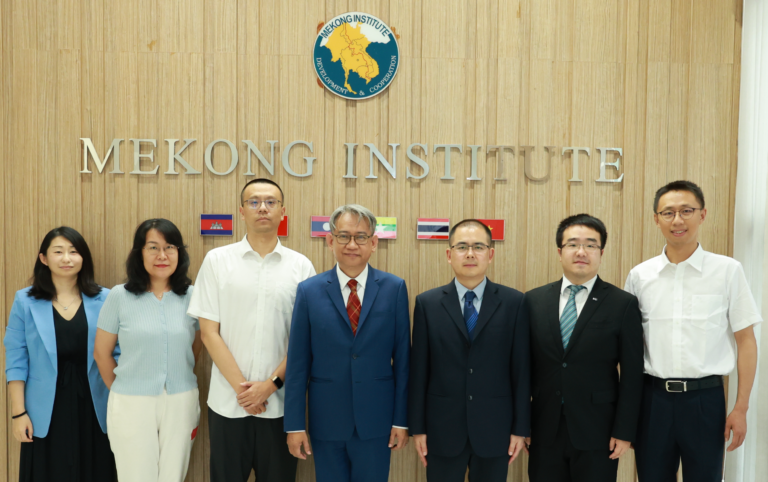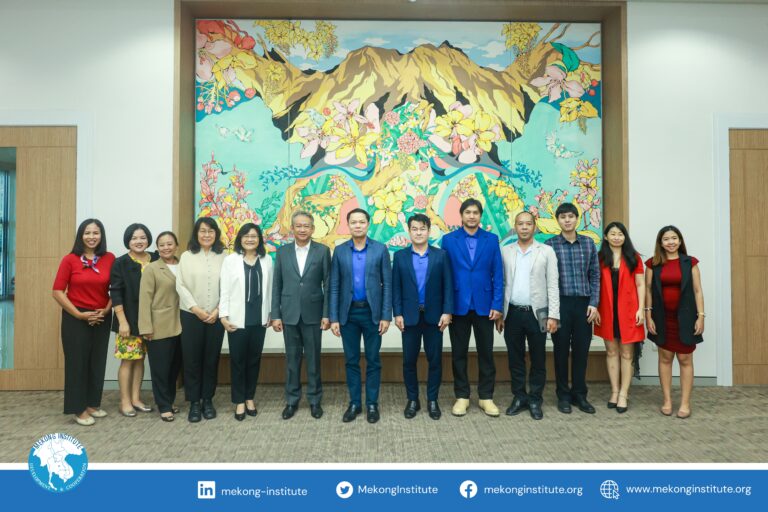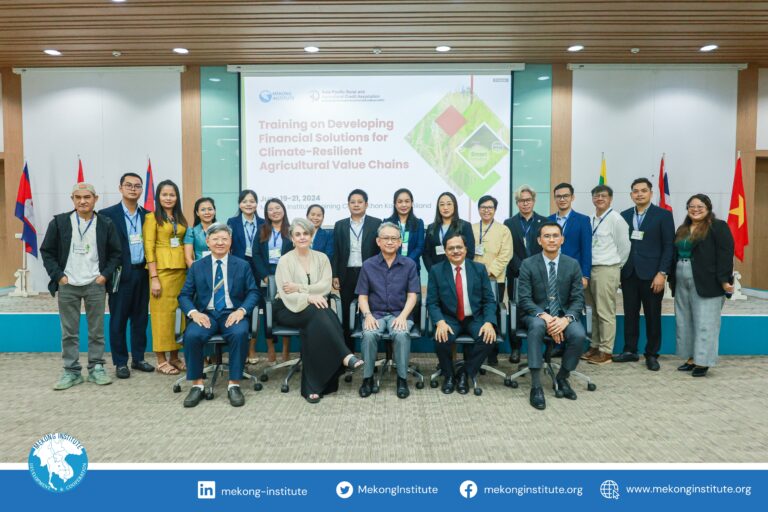Course Title | Training Dates | Course Objective | Target Participants | Application Form |
Regional Training Programme on Food Safety Market Surveillance in the Food Chain | February 6-10 | The 5-day training program aims to strengthen the food safety market surveillance capacity of CLMV authorities in facilitating the domestic and international agri-food trade. The course will provide discussions on: the types of food safety market surveillance; how to access information to determine appropriate surveillance approach; and strategies on integrating surveillance data to assess and monitor the effectiveness of the national food control system. | Food control agencies from farm to table, such as surveillance and response staff, laboratory staff and food safety staff, who are usually located within the Ministries of Health, Agriculture and Consumer Protection. This training program is also useful to institutes of higher learning seeking to support competent authorities in strengthening food control systems. Development agencies working on food control systems and agri-food trade facilitation agencies may also find this training useful. | Link |
Regional Training Programme on Traceability in the Food Chain | February 13-17 | The 5-day training program intends to provide: a background and overview of traceability measures in food safety and trade facilitation; a deeper understanding of general food traceability requirements in food laws and for specific food groups; knowledge on requirements on traceability for food business operators (FBOs); and knowledge on product identification and management of information that facilitates traceability. | National food control competent authorities and businesses, as well as officials and employees of the private sector with food inspection and certification (such as GMP, GAP, GHP and Organic Agriculture) roles. | Link |
Regional Training Programme on Social and Behavior Change Communication for Safer Food | February 20 – March 3 | The 10-day training program is designed to enhance the professional capacity of key agri-food stakeholders on promoting safe food consumption through social and behavior change communication (SBCC). | Government agencies, non-government organizations and the academic sector working on food safety-related issues. Priority will be given to agencies and organizations that engage in work related to science and technology, agriculture, public health, or industry and trade. | Link |
Regional Training Programme on Good Hygiene Practices for Food Service Providers | March 6-10 | The 5-day training program is designed to enhance the understanding of food business operators and relevant government officials in CLMV on Good Hygiene Practices (GHP) in restaurants and canteens. | Government officials who are in-charge of food safety; and representatives from the private sector who are involved in restaurants, canteen, and other food services and are interested in setting-up hygiene control, assurance and inspection. People working from the academic and research institutions who are currently engaged in food safety projects may also apply. | Link |
Regional Training Programme on Food Safety Management Tools for Cottage and Small Food Businesses | March 13-17 | The 5-day training program focuses on Good Manufacturing Practices (GMP) for cottage and small Food businesses. It will introduce the basic principles of food safety, hygiene and sanitation, and discuss food safety hazards and strategies to adequately control them. | Individuals at mid to senior levels within a food processing organization, such as those in QA/QC, production, engineering, and purchasing. Applicants in food processing top management positions are expected to better understand the rationale behind HACCP and other food safety management systems. | Link |
Regional Training Programme on Risk-based Food Inspection | March 20-24 | The 5-day training program aims to strengthen knowledge and understanding of agri-food public and private sectors on the: principles of risk-based approach to food inspection; and approaches to risk categorization and risk profiling to facilitate risk-based approach to the food control system. | Representatives of agri-food public and private sectors from CLMV countries. This is particularly useful for food regulators who are working at border inspection facilities and on sanitary and phytosanitary (SPS) measures; and agri-food private sector representatives who are involved in food safety management on their premises. | Link |
Regional Training of Trainers for Safer Food | March 27-31 | The Training of Trainers aims to build the capacity of development professionals in planning and designing effective training programs that will create an enabling environment for knowledge and skills building among multi-stakeholders involved in food safety promotion. | Development professionals from CLMV who are involved in conducting training on different aspects of food safety in their home countries | Link |







